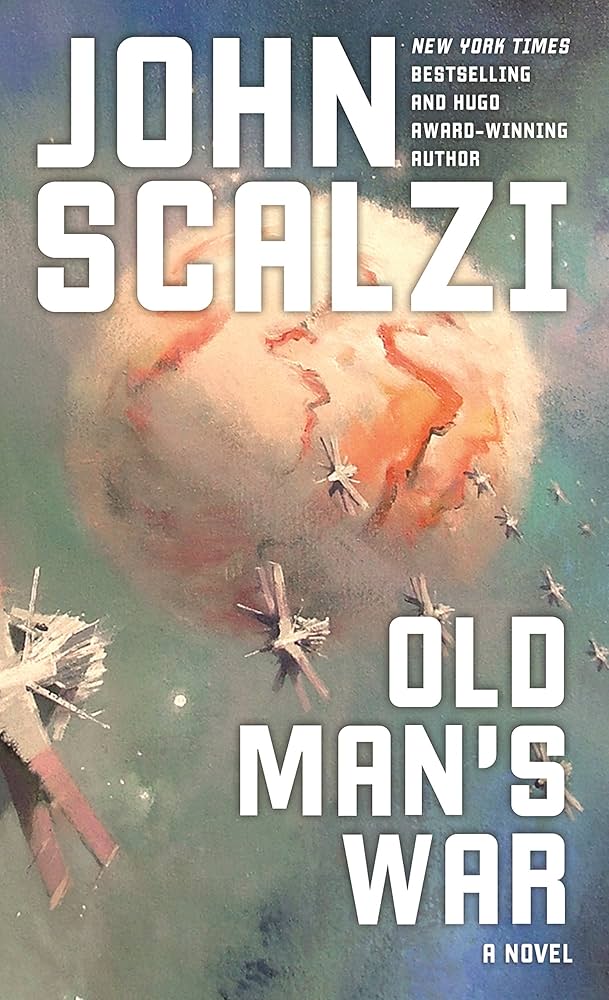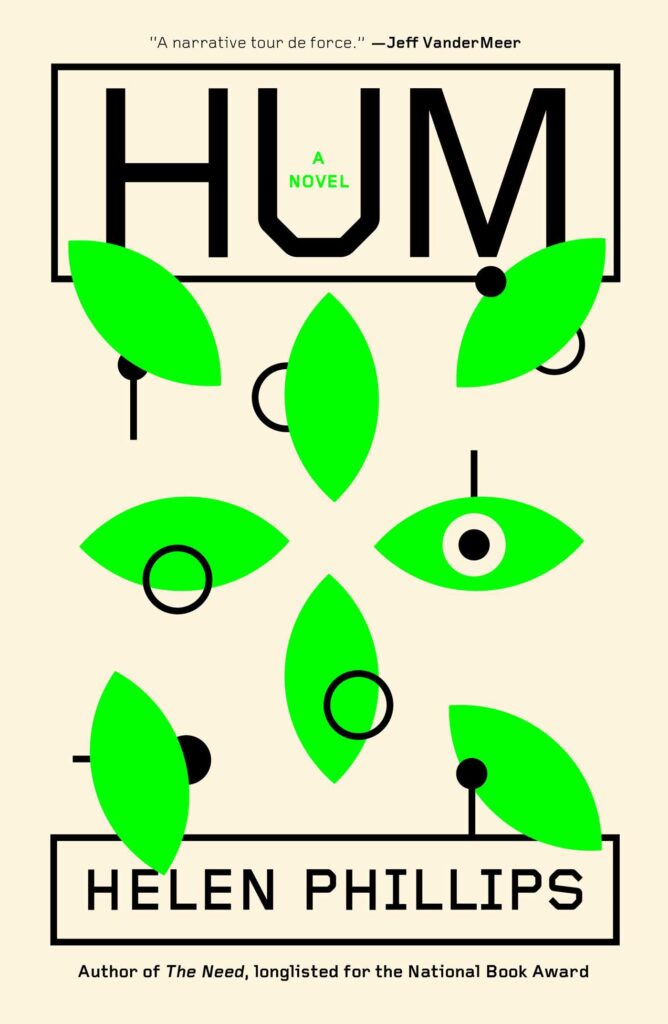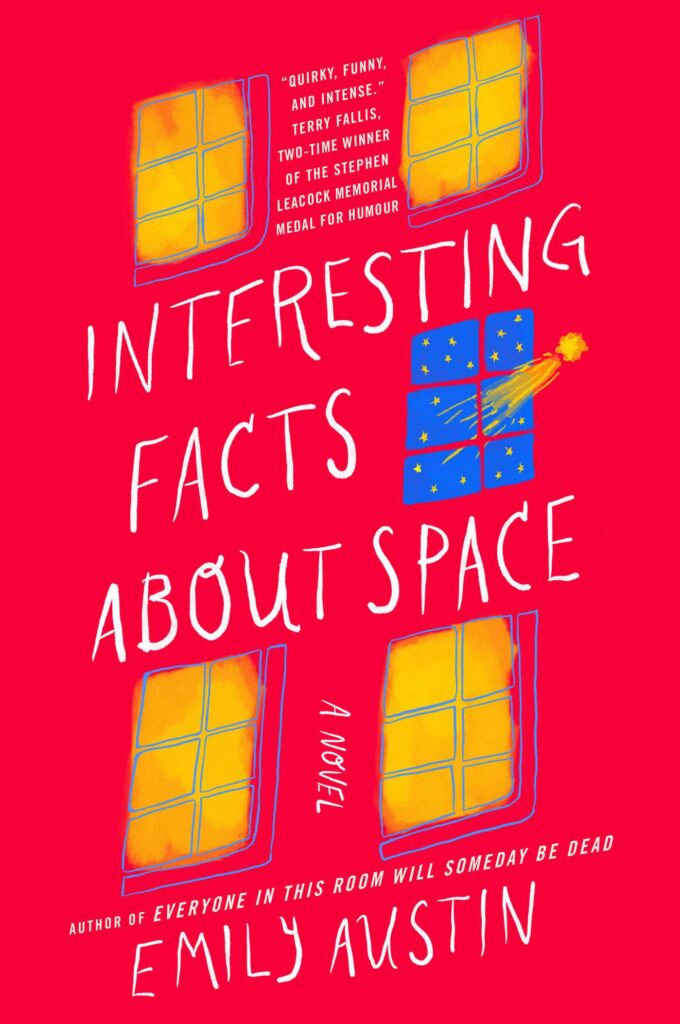Old Man’s War is John Scalzi‘s first novel, and it’s a bold update of classic sci-fi themes. It’s a daring thing to mess with the classics, but in my view he not only does them justice, he repackages those ideas for a modern audience.
The jist of Old Man’s War is that at age 75, newly widowed John Perry enlists for interglactic military service — his wife is dead and he’s beginning a physical decline. In this society, the secretive space force actively recruits senior citizens and through secret methods, rejuvenates them to replenish their forces to defend Earth from alien races.
At its core, Old Man’s War is an update of Starship Troopers (from 1959) and The Forever War (from 1974), which are two classics of the genre, both problematic in distinct ways. Starship Troopers is a political book — while Heinlein was ahead of his time in themes and concepts, the book itself was a right-wing political screed wrapped in science-fiction clothing.
The Forever War is almost unreadable today. While it’s a blunt indictment of the Vietnam War, it is also so full of misogyny and homophobia that it’s difficult to even consider it a product of its time. It’s simply offensive by today’s standards, and I barely finished it.
Old Man’s War addresses the same themes as those two, leaving out what makes them dated or distateful. John Perry’s training takes up more than 1/3 of the book, which is dense with ideas and worldbuilding. Action scenes leap off the page, and the first half of the book has a contagious energy and tons of momentum.
Once the military service begins, the themes become heavier. Perry (narrating in the first person) documents the deaths of many of his friends in a matter-of-fact manner, often highlighting the banality or seeming pointlessness of it all. He has an existential crisis during a particularly one-sided battle. Several characters are introduced to present arguments or political stances about war.
It’s not subtle, but it is effective. It also reminded me of Karl Marlantes’ Matterhorn, and some of Phil Klay’s writing in Redeployment. There’s a fair amount of nihilism, of luck being mistaken for military acumen, of cynicism about life and conflict that’s woven into the story, and has grown larger in my memory of the book than perhaps while I was reading the book itself.
Part of that is due to Scalzi’s writing. His protagonist is likeable and relatable, and Scalzi’s prose is light and fast-reading. There is humour throughout the book, but none of it feels hammy. All of his work that I’ve read has been similar in style: fun reading that lingers, with themes or stylistic choices that only reveal themselves after the final page.






